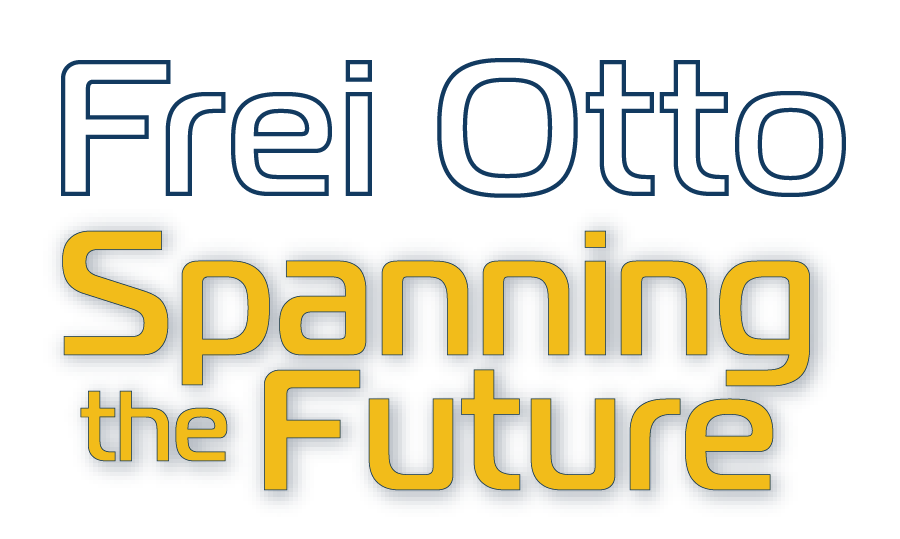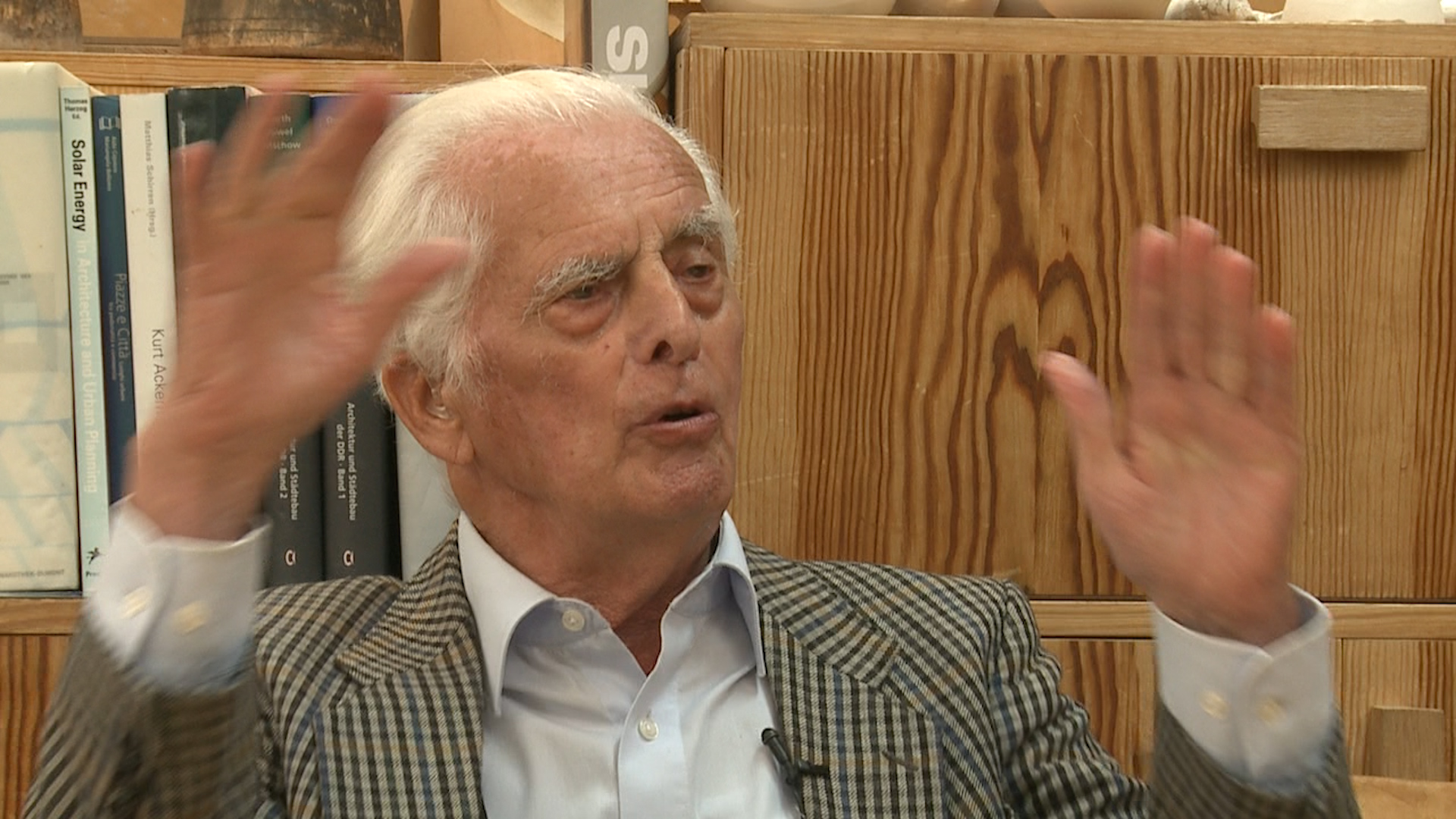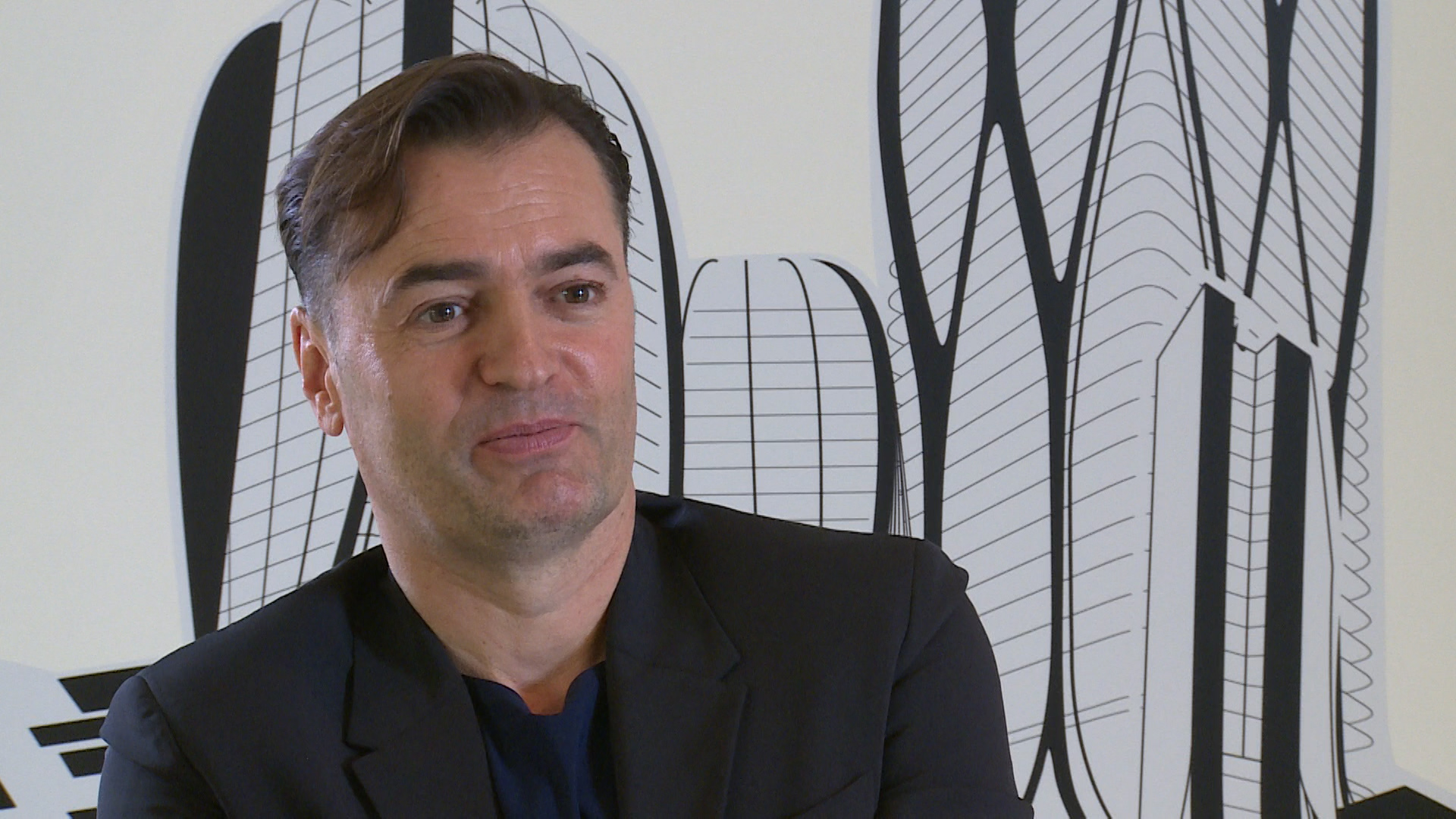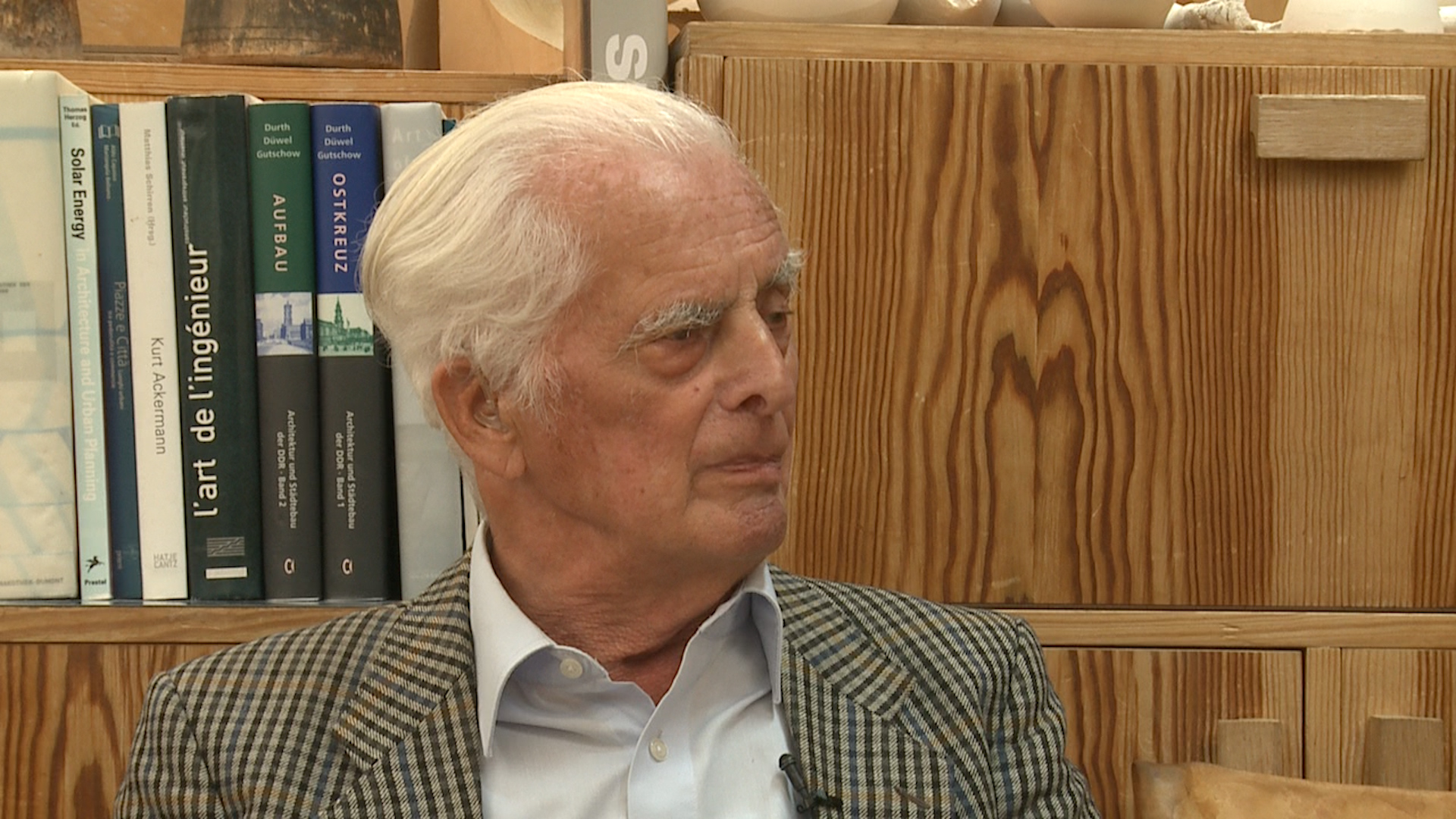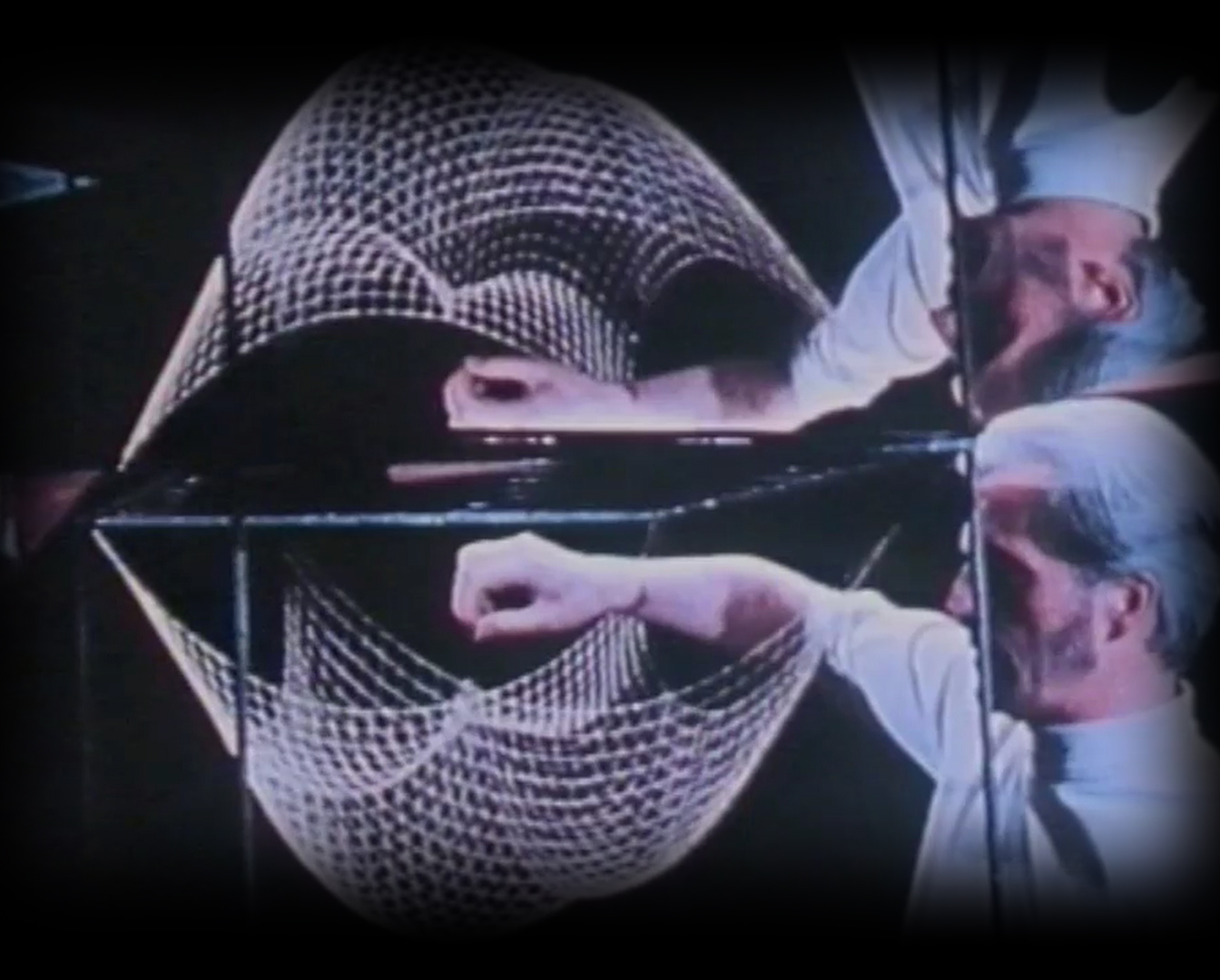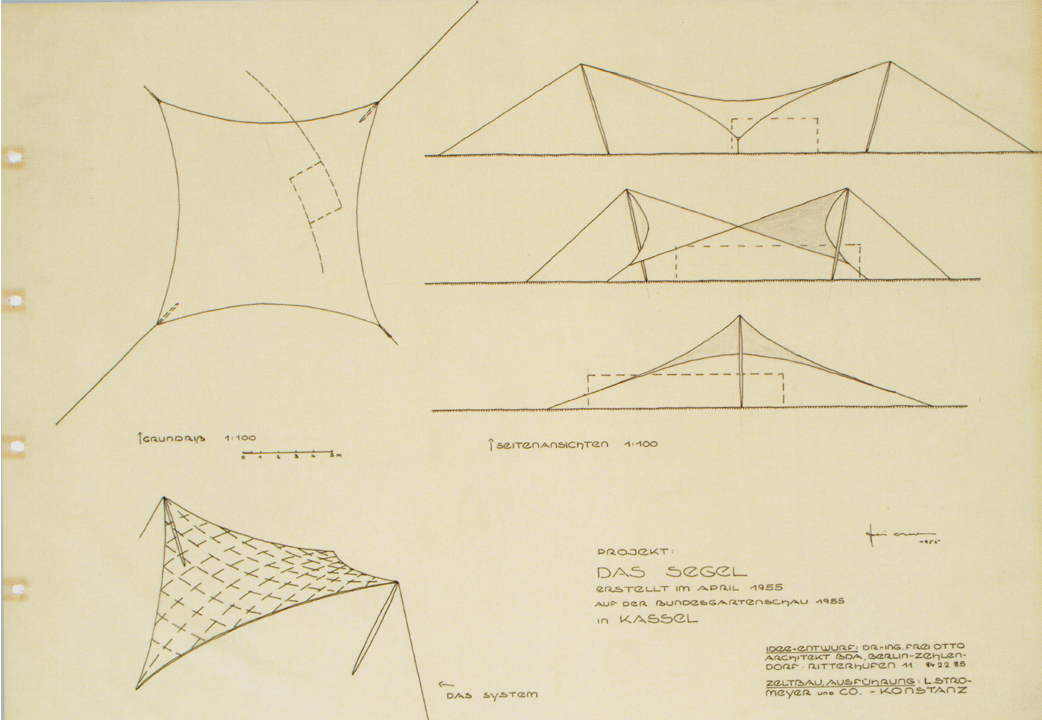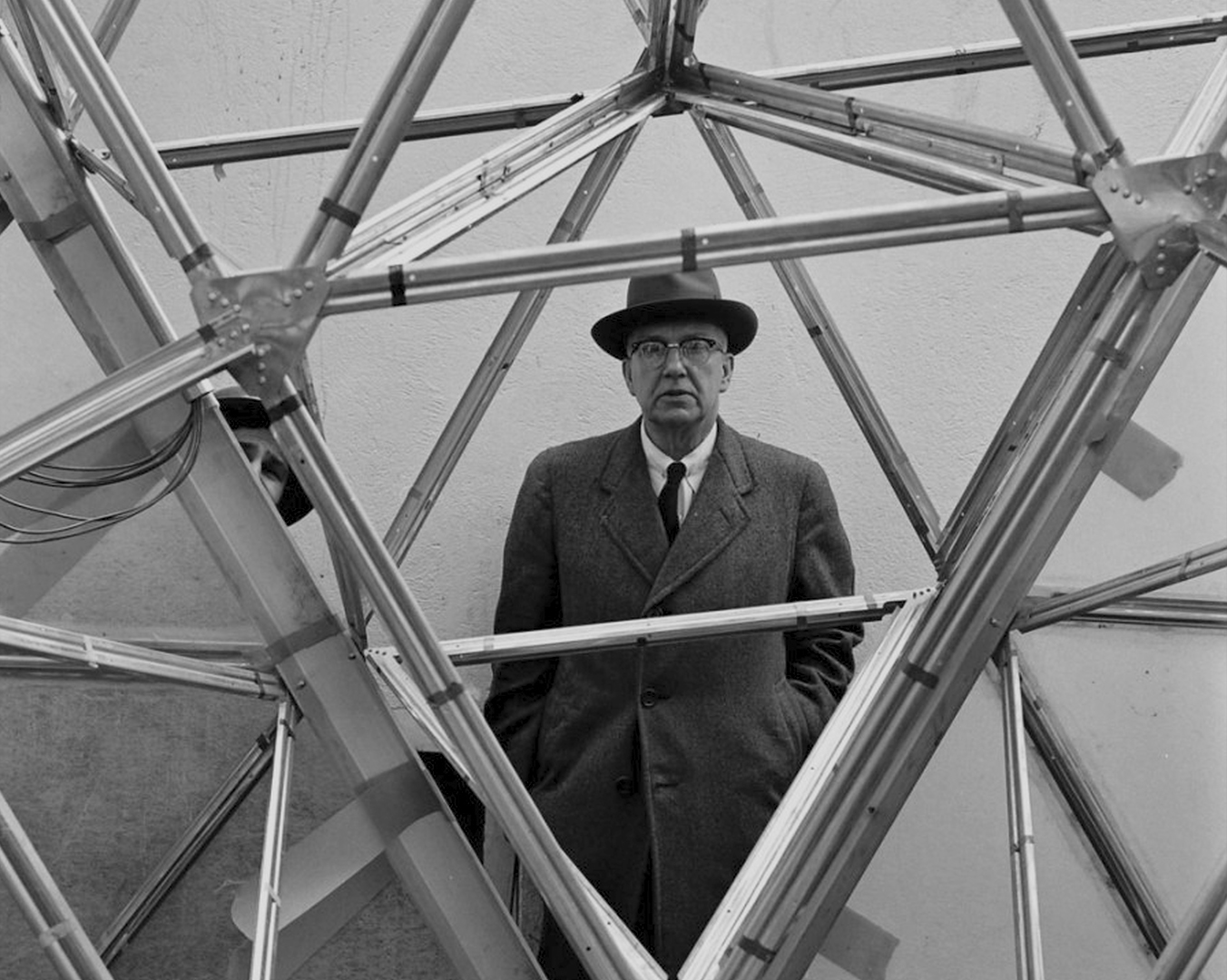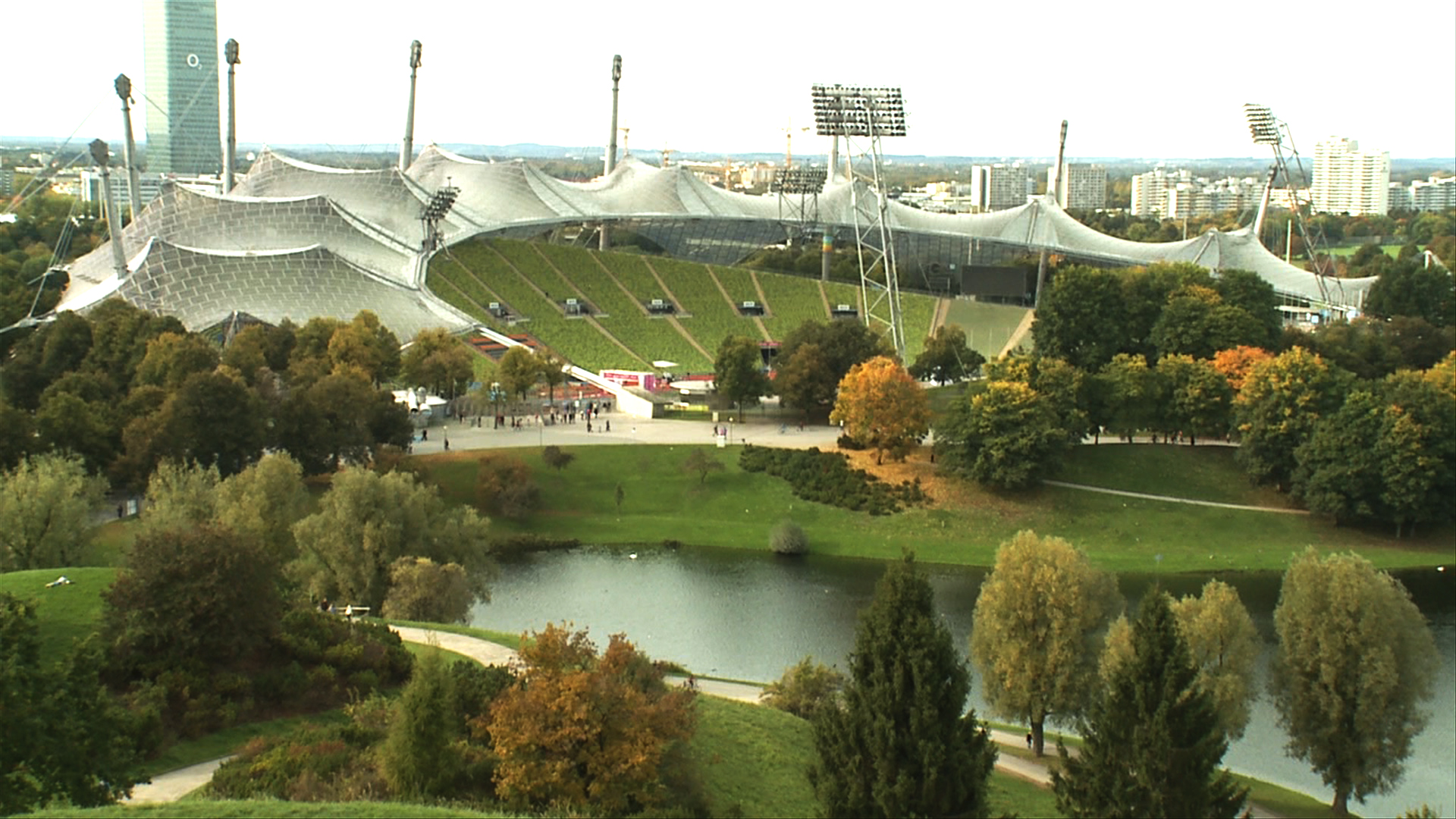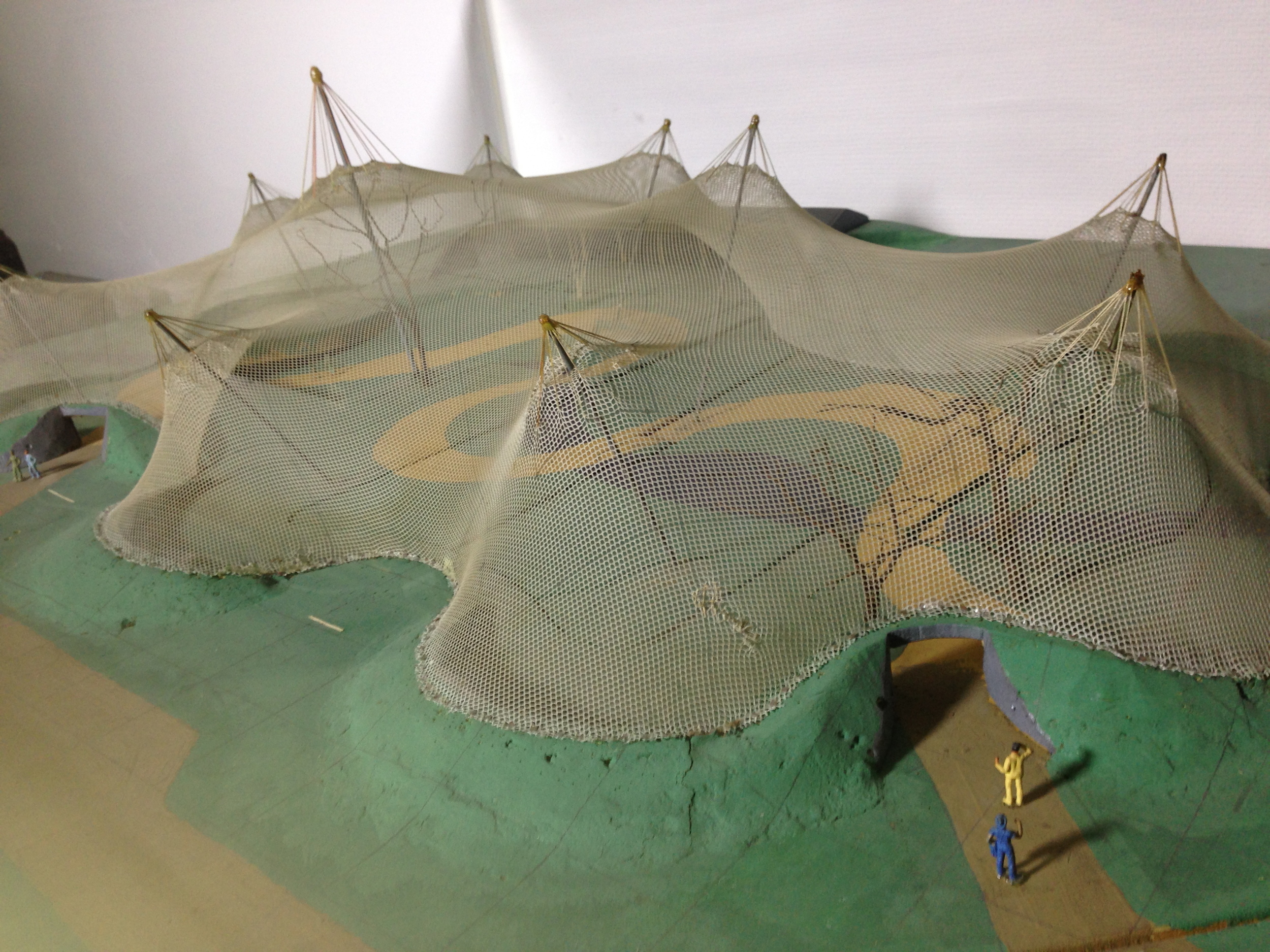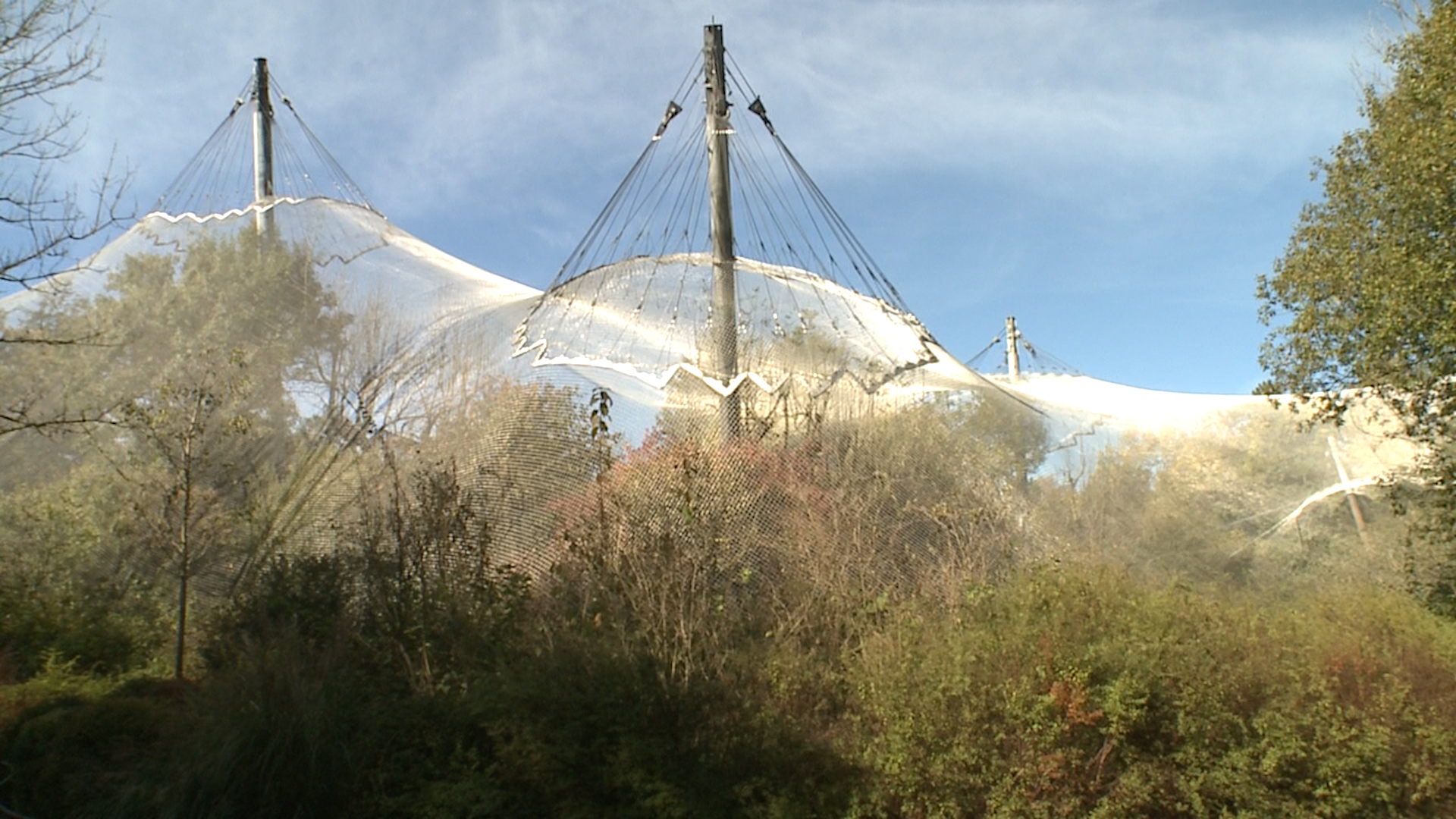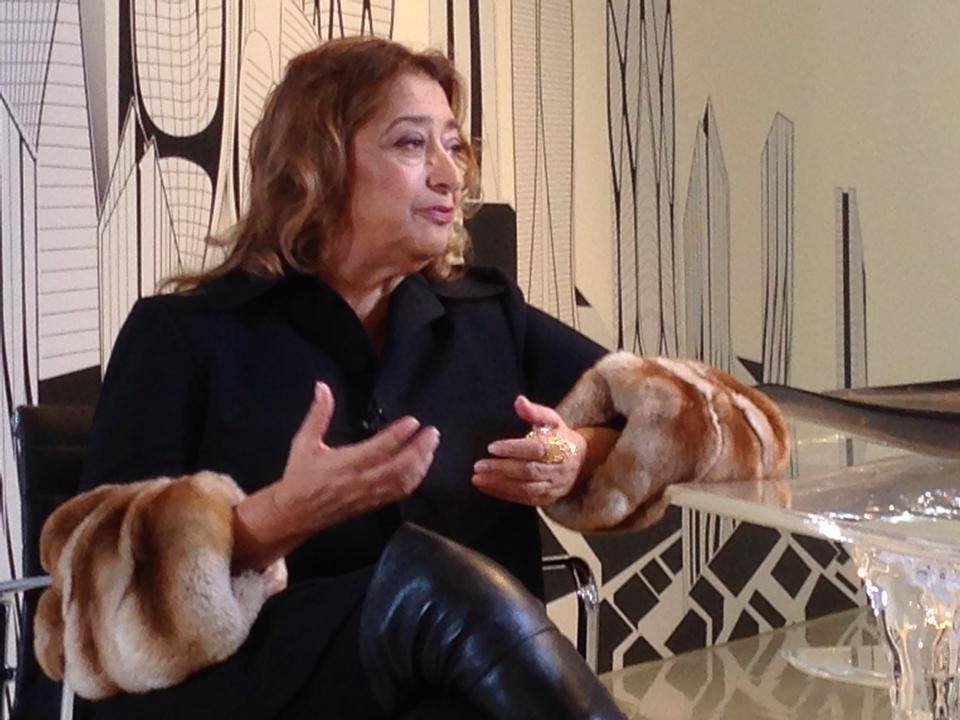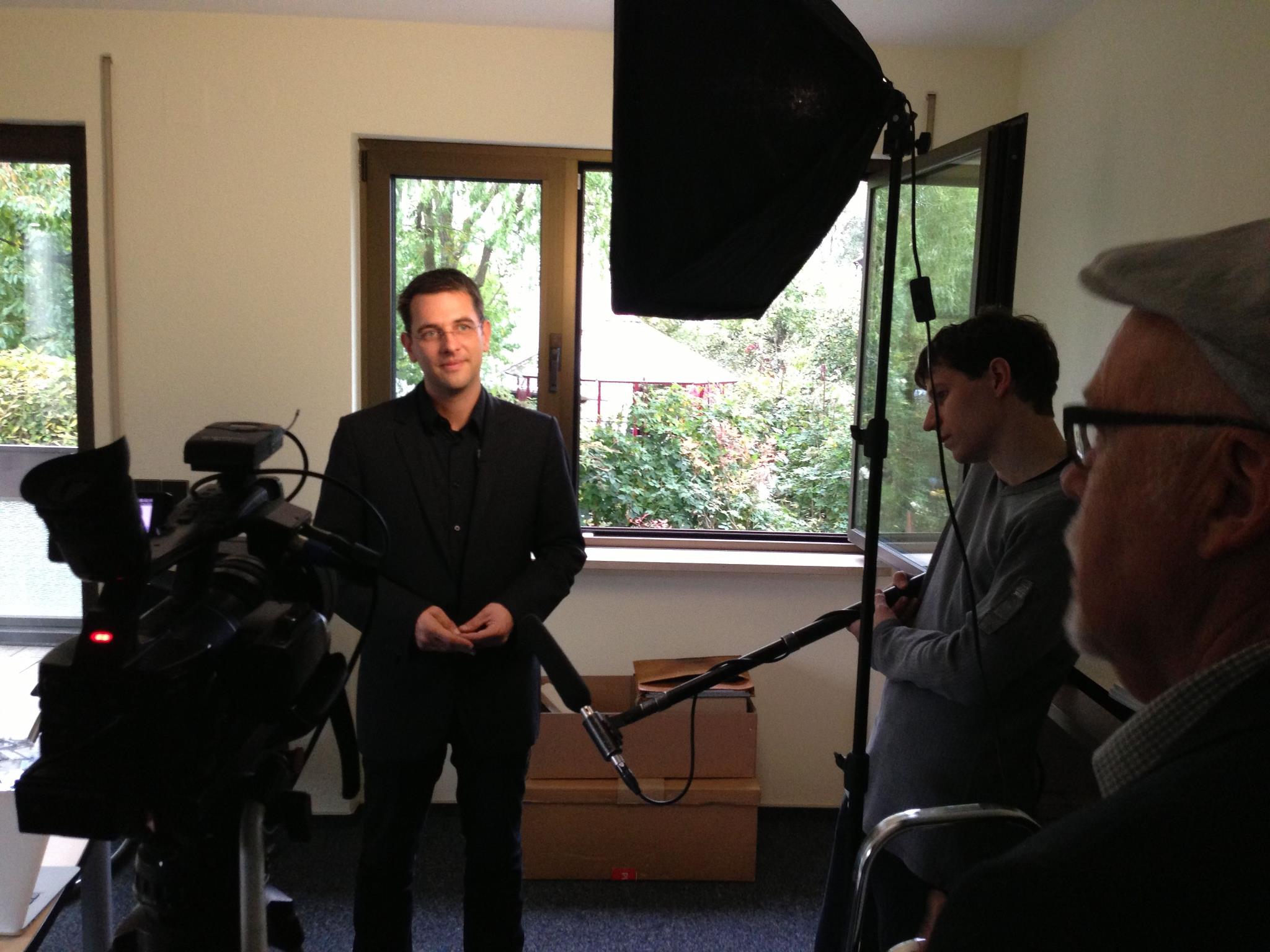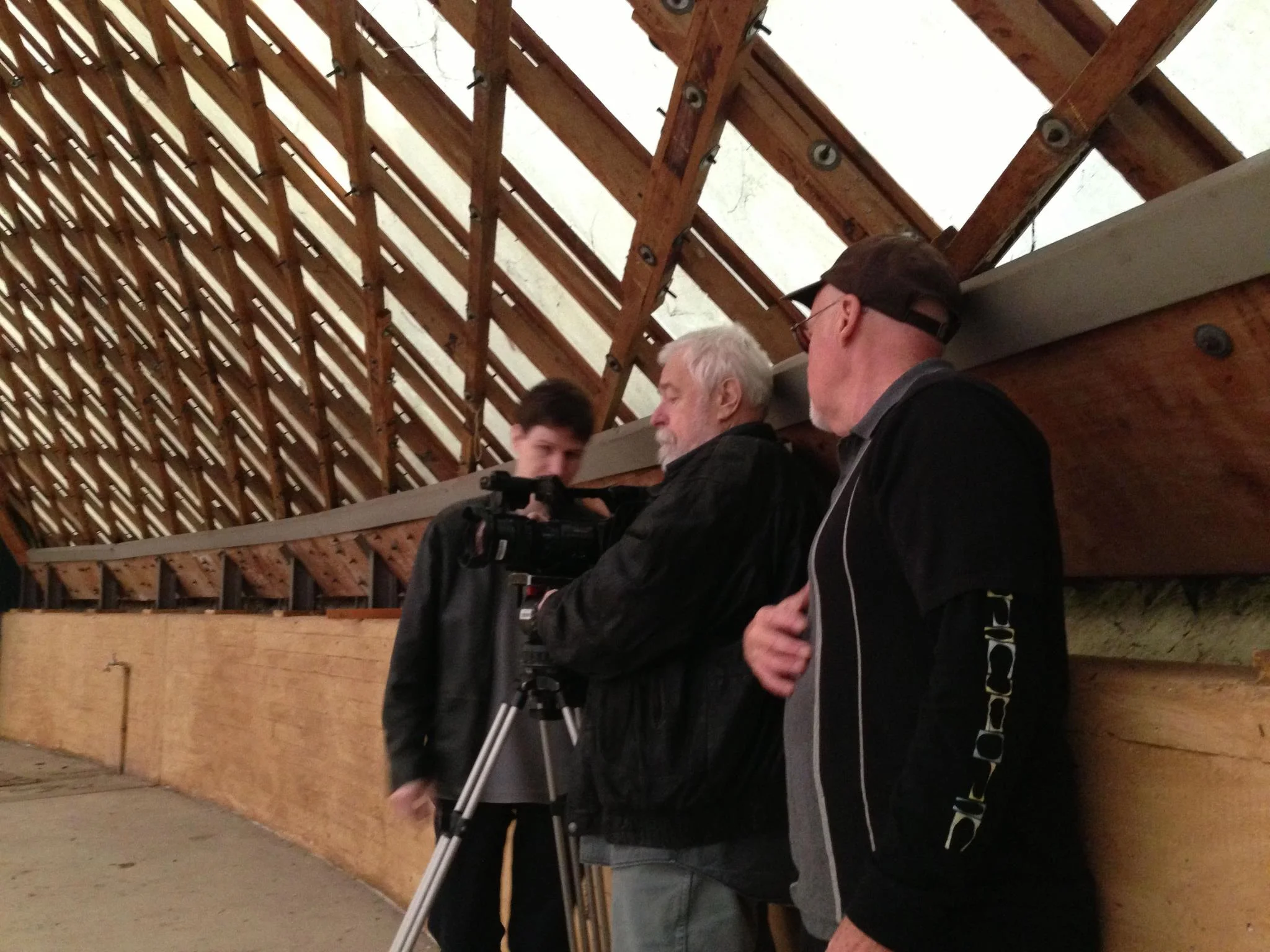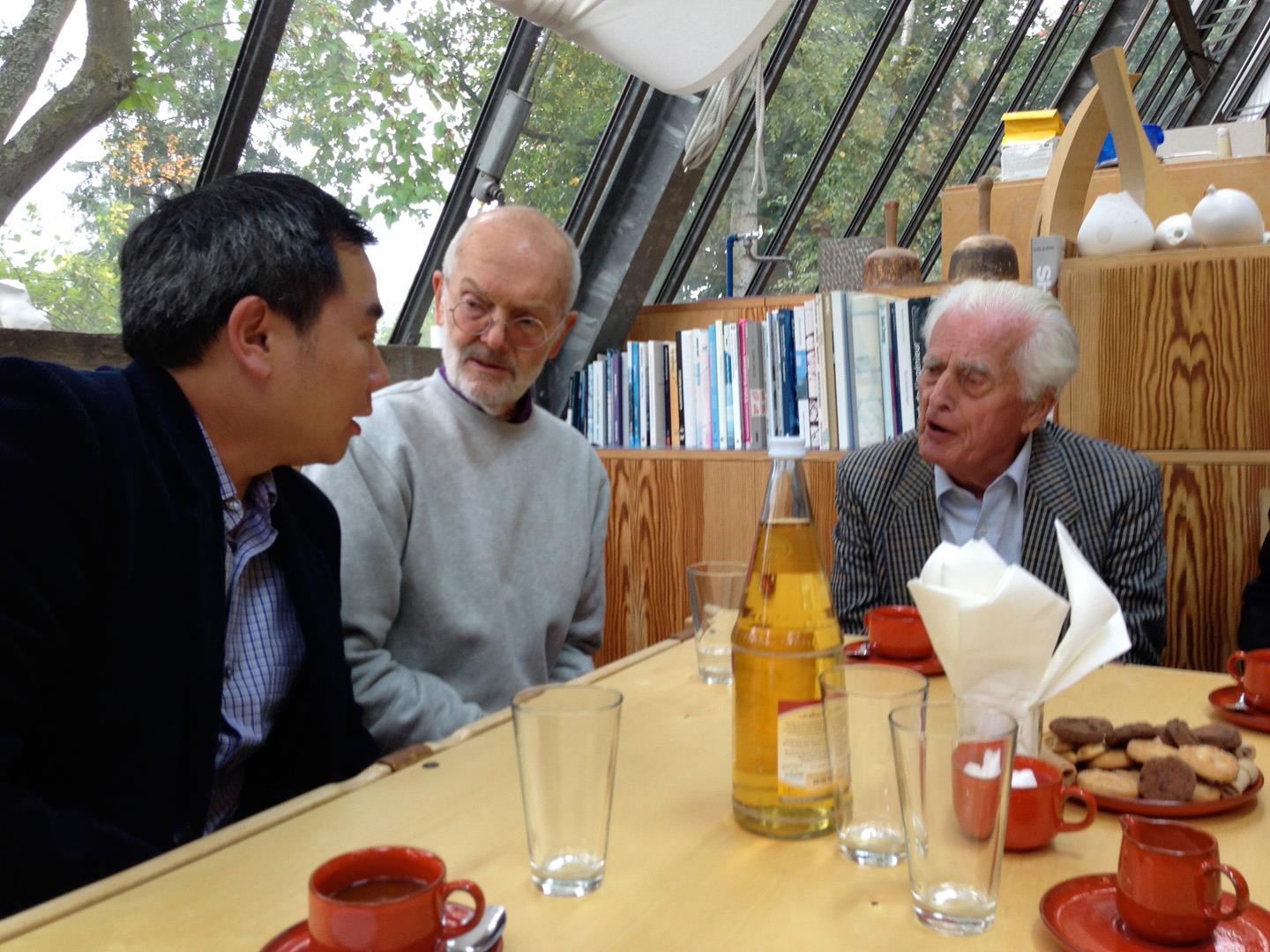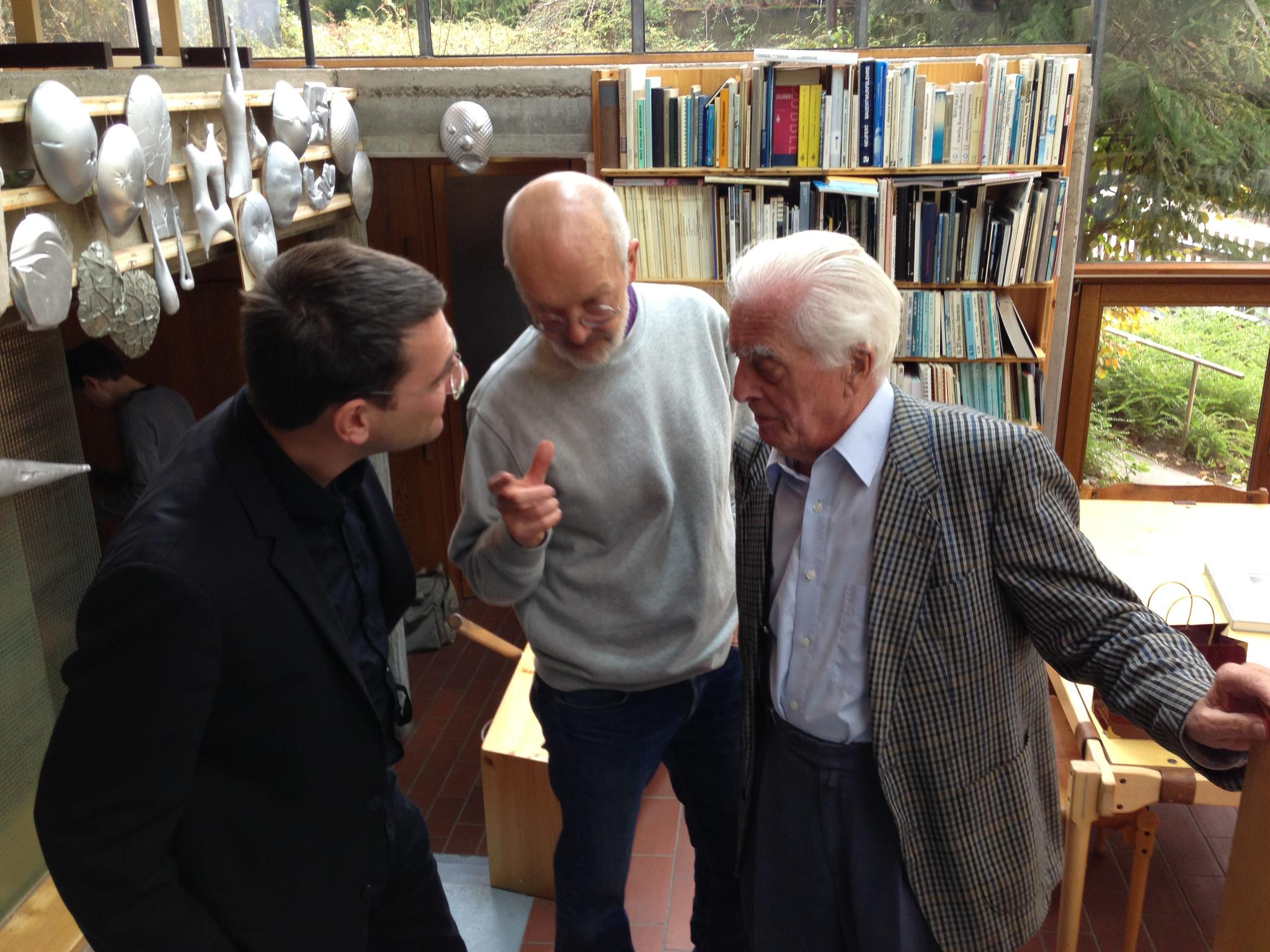UPCOMING/CURRENT SCREENINGS
MPavilion, Melbourne, Australia
In Collaboration with LSAA and TENSYS
MAR 28, 2023Videoscape: Architecture, Structure and Shape
MAXXI Museo nazionale delle arti del XXI secolo, Rome, Italy
MAR 7 - APR 10, 20232022 Beijing Biennial “Symbiosis”, Beijing, China
DEC 30, 2022 - MAR 12, 2023 (NEW DATES)Technoscape: The Architecture of Engineers
MAXXI Museo nazionale delle arti del XXI secolo, Rome, Italy
OCT 1, 2022 - APR 10, 2023Kulturforum Ansbach, Ansbach, Germany
NOV 2-3, 2022
ANNOUNCEMENT - Free Online STREAMING
After four years since the film’s premiere at the School of Architecture at University of Southern California, thousands and thousands of Frei Otto’s fans watched the film at over 50 film festivals and screening events organized by universities and professional organizations around the world. The film was awarded “Best Documentary” Architecture Section at the Art Doc Festival 2017 in Rome, Italy.
Today, I am pleased to announce this film is now available stream online here on our website: freiottofilm.com.
Please help us by sharing this news with your friends and colleagues.
Simon K. Chiu, Executive Producer.
This documentary profiles internationally-renowned architect and engineer, Frei Otto. Half a century ago, Otto became world famous as a pioneer in the design of tensile structures made from metal armatures and lightweight membranes. Otto’s work includes the Mannheim Multihalle, the Munich Zoo Aviary, the 1967 Montreal World Expo German Pavilion and co-design of the 1972 Munich Olympics Stadium.
For Otto, the mission of architecture is to be harmonious with nature. He believes every detail needs to be in agreement with the laws of the universe. This attempt to reconcile development with the natural world makes Frei Otto a prophet to the modern field of sustainability. Frei Otto saw as a given, that the earth has limited resources and humanity has almost unlimited needs. To efficiently solve the problem of shelter in a climate of constant shortages, Otto combined scientific experimentation with his fertile artistic imagination. Frei Otto’s true contribution to architecture and structural engineering has only been appreciated with the perspective of time. Contemporary architects including Zaha Hadid cite Frei Otto as having been a major influence on their work. They talk about Otto’s pioneering research on lightweight architecture; his early interest in the natural environment; his sense of social responsibility; and his foresight of the needs of the future. These elements—combined with Frei Otto’s compelling presence—have made him one of the most important architects of the 20th Century—and one of those whose ideas are still resonating in our own time. This trailer was produced by Simon K. Chiu, in collaboration with writer Michael Paglia, and director Joshua V. Hassel.
To Order DVD - Please Contact US
We have limited quantity of DVD copies. If you are interested to purchase a copy, please kindly contact us.
We are pleased to provide a complimentary DVD copy to public libraries and educational institute libraries. Please kindly contact us.
